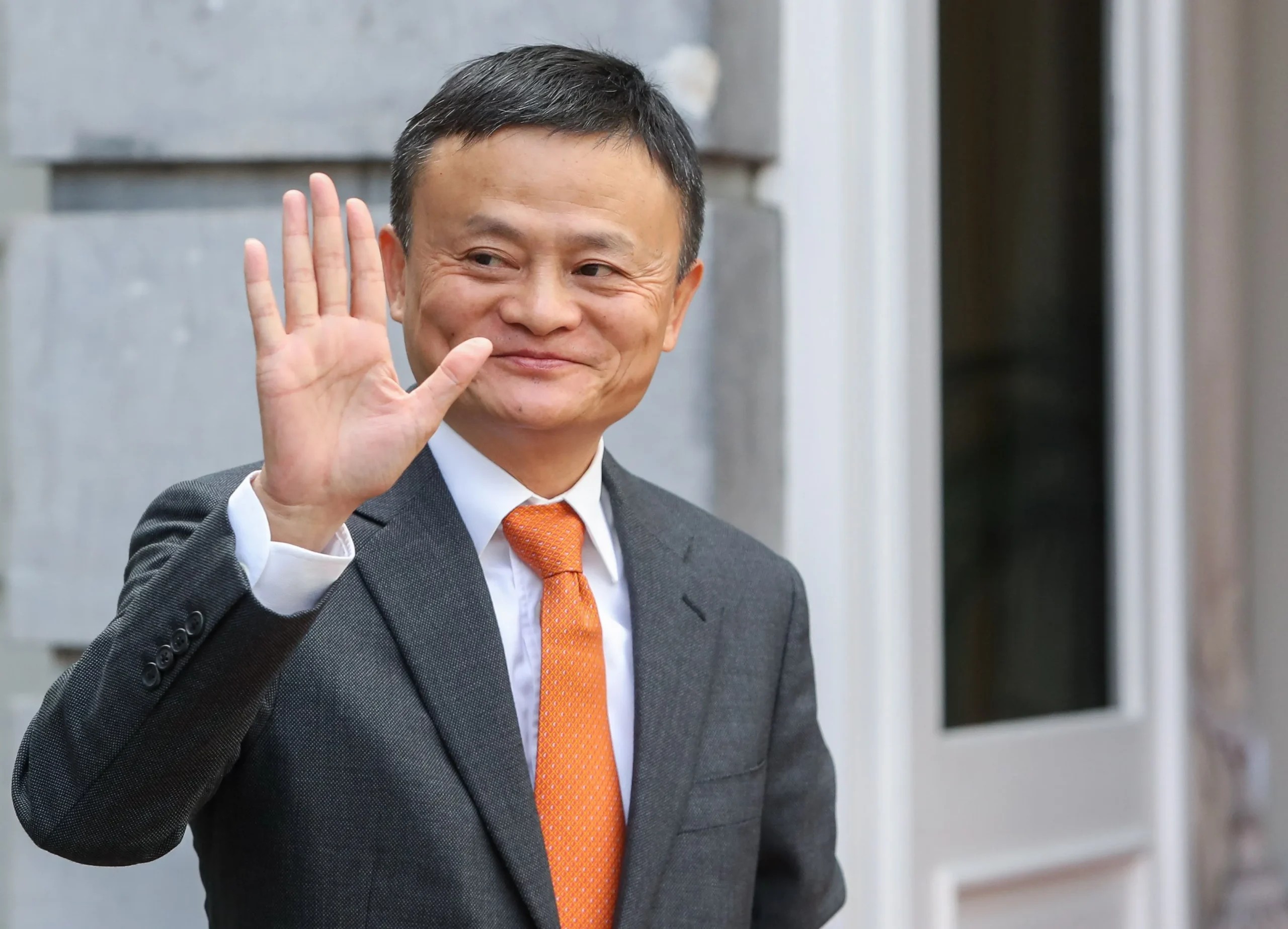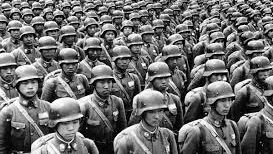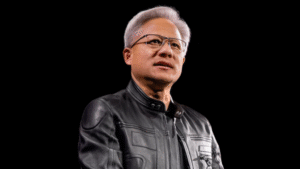HONG KONG – In a striking moment that could redefine China’s relationship with its private sector, President Xi Jinping hosted a rare meeting with the nation’s most powerful business leaders in Beijing on Monday. The gathering, which included Alibaba co-founder Jack Ma, has sparked speculation about a potential policy shift aimed at revitalizing private enterprise after years of regulatory crackdowns that disrupted China’s corporate landscape.
The meeting also featured some of the most influential figures in Chinese technology and manufacturing, including Huawei founder Ren Zhengfei, BYD CEO Wang Chuanfu, CATL CEO Zeng Yuqun, and Xiaomi CEO Lei Jun. Their collective presence underscores the importance of the discussion, which comes at a time when China’s economy is struggling to regain momentum amid external pressures and internal challenges.
The significance of this meeting is amplified by the recent advancements in China’s artificial intelligence sector. DeepSeek, a Beijing-based AI startup, recently unveiled a model that rivals the capabilities of leading U.S. AI firms at a fraction of the cost. This breakthrough has reignited confidence in China’s tech industry, which has been striving to recover from a regulatory onslaught that saw private enterprises subjected to stringent government oversight, tighter regulations, and multi-billion-dollar losses in market value.
Jack Ma’s return to such a high-profile setting is particularly remarkable. Once the most outspoken advocate for China’s tech boom, Ma disappeared from the public eye after his 2020 speech criticizing state-controlled financial institutions triggered one of the most extensive regulatory crackdowns in China’s history. The repercussions were swift: Ant Group’s highly anticipated IPO was abruptly canceled, Alibaba was hit with a record-breaking antitrust fine, and the regulatory tightening extended across the entire tech sector, affecting firms such as Tencent, Meituan, and Didi.
His reappearance suggests that Beijing is now looking to mend relations with private businesses, recognizing their indispensable role in the country’s economic resilience. The timing is critical, as China grapples with slow economic recovery following its post-pandemic reopening, a deepening real estate crisis, and weakening consumer confidence. The private sector, which has historically been the primary engine of China’s economic growth, has become increasingly cautious due to policy uncertainty and fears of further government intervention.
Markets responded optimistically to the prospect of a more supportive business environment. Following reports of the symposium, the Hang Seng China Enterprises Index, which tracks major Chinese firms, saw its highest level since early 2022 before experiencing a slight dip on Monday. Analysts interpret the meeting as a clear indication that Beijing is recalibrating its economic strategy to regain investor trust and stimulate growth.
Fred Hu, chairman of investment firm Primavera Capital, sees this meeting as a major inflection point. “The private sector, long the backbone of the Chinese economy and the most important growth engine, has been battered in recent years by mounting policy and regulatory uncertainties,” Hu told Reuters. He warned that the impact of this instability has been severe, not just for China’s economy but also for its labor market, with youth unemployment reaching worrying levels.
The regulatory campaign of the past few years has cost Chinese businesses over $1 trillion in lost market value, leading to uncertainty among entrepreneurs and investors alike. Entire industries, including online education and food delivery, faced sudden policy shifts that upended business models. Even as government intervention appeared to slow last year, many business leaders remained hesitant to reinvest with the same level of confidence they once had.
The meeting between Xi and China’s business elites suggests a possible shift in Beijing’s priorities. The question now is whether this marks a fundamental change in China’s approach to private enterprise or merely a short-term response to economic headwinds. While uncertainty lingers, Jack Ma’s reappearance in a government-led discussion hints that China’s private sector may once again find itself at the center of the country’s economic ambitions.









